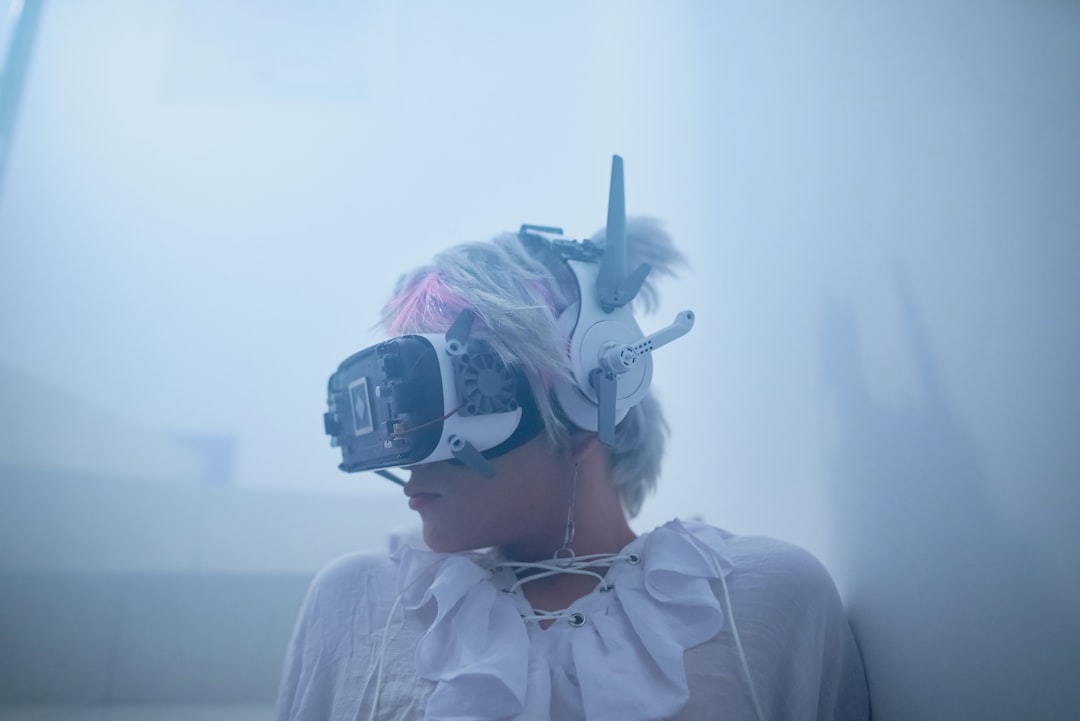Meta, the social media giant, is working on enhancing the realism of virtual reality (VR) scenes. They have filed a patent application for techniques that aim to reduce visual glitches when using VR headsets. The patent focuses on improving rendering quality through a technique called foveated rendering, which utilizes eye tracking within the headset to display high-quality graphics where the user is looking and lower-quality graphics in peripheral vision.
Meta’s custom GPU divides the image into tiles and uses eye tracking to identify the tiles within the user’s gaze and the surrounding area. The headset computer then instructs the GPU to render the central tiles in high detail and the surrounding tiles in lower detail. Interestingly, the patent also mentions rendering border tiles in both high and low detail to create a smooth transition between different levels of detail. This not only enhances realism but also saves energy.
Foveated rendering is crucial for companies like Meta to conserve computational power, as VR currently demands significant energy consumption. The demand for computational energy is expected to rise as graphics improve. Meta aims to become a leading destination for virtual reality and has been focusing on bringing the metaverse to the mainstream.
However, Meta faces competition from companies like Valve, HTC, Sony, and Google in the VR market. User adoption will be critical for success, and Meta sold around 9 million Quest headsets in 2022, showing positive growth. Nonetheless, VR adoption has been hindered by a choppy metaverse, lackluster graphics, and a limited sense of community. Sales of VR headsets in the US dropped by 2% in 2022, indicating stagnation in the market.
Improving graphics processing could make a difference in attracting buyers to Meta headsets compared to competitors. Smooth rendering is important to prevent motion sickness and enhance the overall VR experience. While Meta’s recent focus has been on its AI language model Llama 2, they remain committed to realizing Mark Zuckerberg’s vision of the metaverse and continue to invest in improving VR technology.
